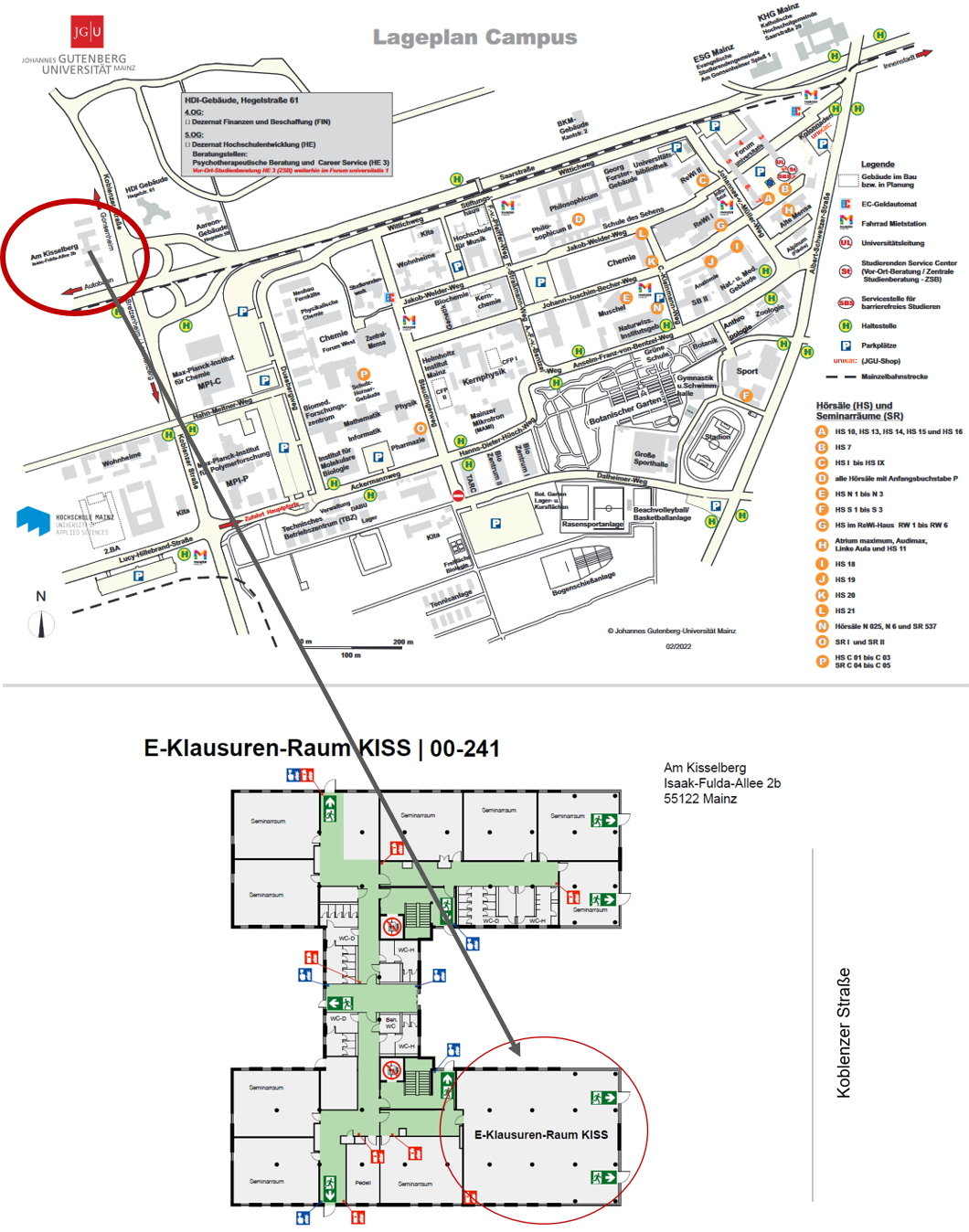The GekkoFS file system, a cooperation between the ZDV’s "Efficient Computing and Storage" team and the Barcelona Supercomputing Center (BSC), has taken a top ten position in the "10-Node Challenge" of the IO500 world ranking.
Mainz, 13th August 2020
The new IO500 rankings in the field of HPC storage systems were published at this year's ISC High Performance in Frankfurt, an international, scientific conference and exhibition on supercomputing and high-performance computing. ZDV’s "Efficient Computing and Storage" team and the "Storage Systems for Extreme Computing" team from the Barcelona Supercomputing Center (BSC) ranked No. 4 in the "10-Node Challenge" with the GekkoFS burst buffer file system.
GekkoFS is an ephemeral file system capable of aggregating the local I/O capacity and performance of an HPC cluster’s compute node to create an ephemeral high-performance storage space that can be accessed by an application in a distributed manner. This storage space allows HPC applications and simulations to run in isolation from each other regarding I/O, which reduces interference and improves performance.
Marc-André Vef, who has worked extensively on GekkoFS for several years, is delighted and is already looking forward to the future: "We are not resting on our current status and want to continue to develop the file system with our partners in Barcelona. We are already planning for the next two years."
GekkoFS was funded by the priority program SPPEXA of the German Research Foundation (DFG) within the ADA-FS project and the European NEXTGenIO project.
IO500 - the benchmark of the storage community
The goal of IO500 is to compare various storage systems with each other. In the past years, IO500 has become the de facto benchmarking standard for HPC storage to ensure forward progress of the storage community towards common goals. The IO500 list is composed of different HPC and storage systems, ranking each submission based on its achieved metadata and data throughput. The "10 Node Challenge" plays a unique role and focuses on the file system’s efficiency, limiting the parallelism of the storage nodes to only ten nodes.
The score of 152 places GekkoFS in 6th place on the IO500's "10-Node Challenge List" and 26th place on the complete IO500 list, published annually at the ISC High Performance in Frankfurt and the SC Conference in the USA.

More news from the Data Center → may be found here.
![]()


